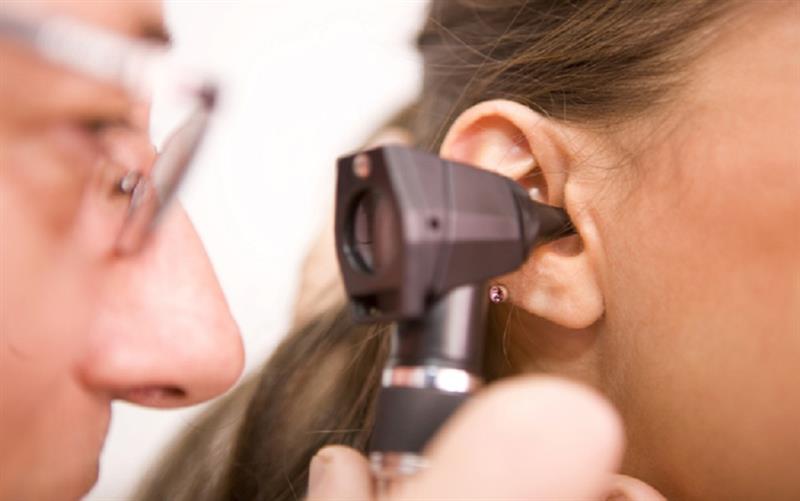
Selecting the right time for your hearing test is a proactive step towards obtaining accurate and reliable results. By considering factors such as morning appointments, midweek scheduling, avoiding peak hours, and seasonal considerations, you can enhance the precision of your hearing evaluation. Remember, maintaining optimal hearing health is a lifelong journey, and regular hearing tests are key to preserving your ability to connect with the world around you.
Choosing the right time for your hearing test is a nuanced process that involves careful consideration of various factors. By opting for morning appointments, midweek time slots, and avoiding peak hours, you increase the likelihood of a controlled testing environment with minimal ambient noise. Seasonal considerations, appointment preparation, and a focus on routine and well-being further contribute to the accuracy of your results.
Maintaining consistency in your daily routine, avoiding major life changes, and being mindful of medication, dietary factors, and post-event fatigue are essential components of preparing for a hearing test. Additionally, waiting a few weeks after illness and consulting with an audiologist can offer valuable insights into the most suitable time for your specific circumstances.
1. Morning Appointments:
Experts suggest that scheduling your hearing test in the morning is ideal. During this time, your mind is fresh, and your body is well-rested, providing a more accurate representation of your baseline hearing abilities. Additionally, ambient noise levels are generally lower in the morning, allowing for a more controlled testing environment.
2. Midweek Advantage:
Consider booking your hearing test midweek, preferably on a Tuesday or Wednesday. Mondays can be hectic, and Fridays often have increased ambient noise due to end-of-week activities. By choosing a midweek time slot, you increase the likelihood of a quieter testing environment, contributing to more reliable results.
3. Avoid Peak Hours:
Steer clear of scheduling your hearing test during peak hours, which typically occur during lunchtime and early afternoon. These periods tend to be busier, with more people moving around, potentially introducing additional background noise that could affect the accuracy of your test results.
4. Seasonal Considerations:
Take into account the time of year when scheduling your hearing test. Winter months, with their reduced outdoor activities, might offer quieter conditions for testing. However, be mindful of potential weather-related disruptions. Spring and summer, on the other hand, may have more outdoor sounds, so it's essential to choose a time when ambient noise is minimized.
5. Appointment Preparation:
Regardless of the time you choose, preparing for your hearing test is crucial. Get a good night's sleep, avoid exposure to loud noises in the 24 hours leading up to your appointment, and arrive well-hydrated. These factors can positively contribute to the accuracy of your hearing test results.
6. Consistency in Routine:
Aim for consistency in your daily routine when scheduling a hearing test. If possible, choose a time that aligns with your regular waking hours and activities. This helps in providing a baseline that accurately reflects your typical auditory experiences.
7. Avoiding Major Life Changes:
Try to avoid scheduling a hearing test during times of significant life changes or stress. Events such as job changes, moving to a new location, or personal upheavals can impact your overall well-being, potentially influencing the results of the hearing test.
8. Medication and Health Considerations:
Be aware of any medications you are taking that could affect your hearing or cognitive function. If possible, schedule your hearing test during a period when you are not experiencing side effects that may interfere with the accuracy of the results.
9. Dietary Factors:
Consider your diet leading up to the hearing test. Excessive caffeine or sugar intake can affect your energy levels and concentration, potentially influencing your responsiveness during the test. Aim for a balanced diet to ensure your body and mind are in optimal condition.
10. Avoiding Post-Event Fatigue:
Try to schedule your hearing test before engaging in any physically or mentally exhausting activities. After strenuous exercise, long work hours, or intense mental focus, fatigue can set in and impact your ability to concentrate during the hearing test.
11. Weeks Post-Illness:
If you have recently recovered from an illness, particularly one that affected your ears or respiratory system, it's advisable to wait a few weeks before scheduling a hearing test. This allows your body to fully recover and ensures that any temporary changes in hearing due to illness do not influence the test results.
12. Consultation with Audiologist:
Before scheduling your hearing test, consider consulting with an audiologist. They can provide guidance on the most suitable time for your specific circumstances, taking into account your lifestyle, work schedule, and any unique factors that may impact the testing process.
It's ideal to keep yourself as educated with your hearing aids and a new breakthrough in the technology. Ask your query via Book an Appointment today. For more information visit https://hearing.careinc.ca or you can call us today at (403)605-6300